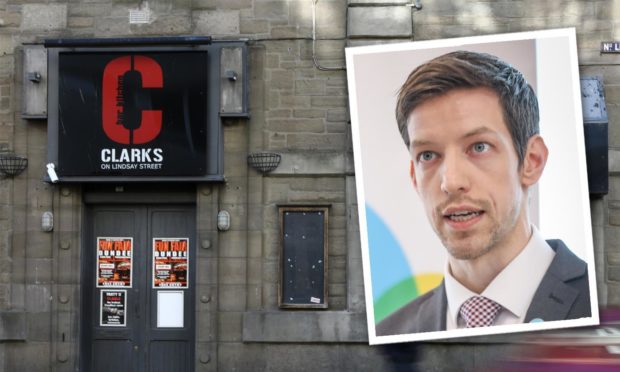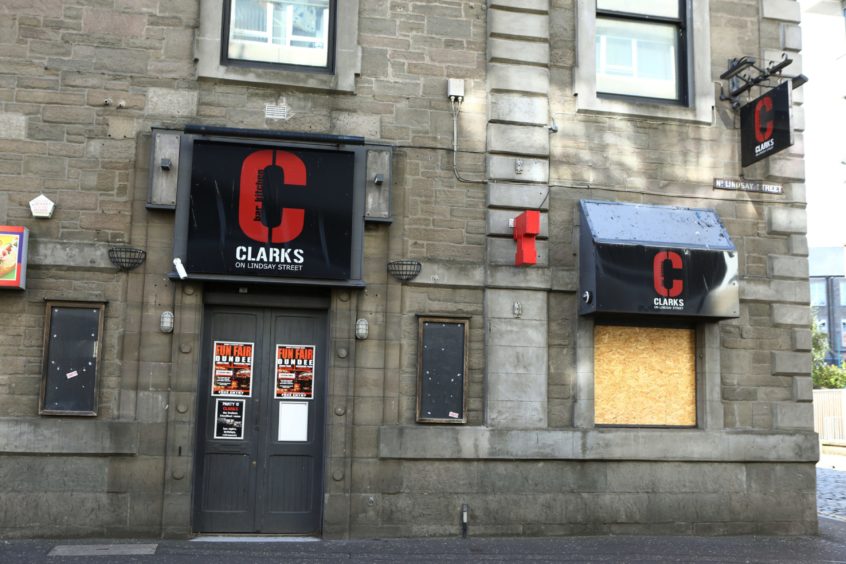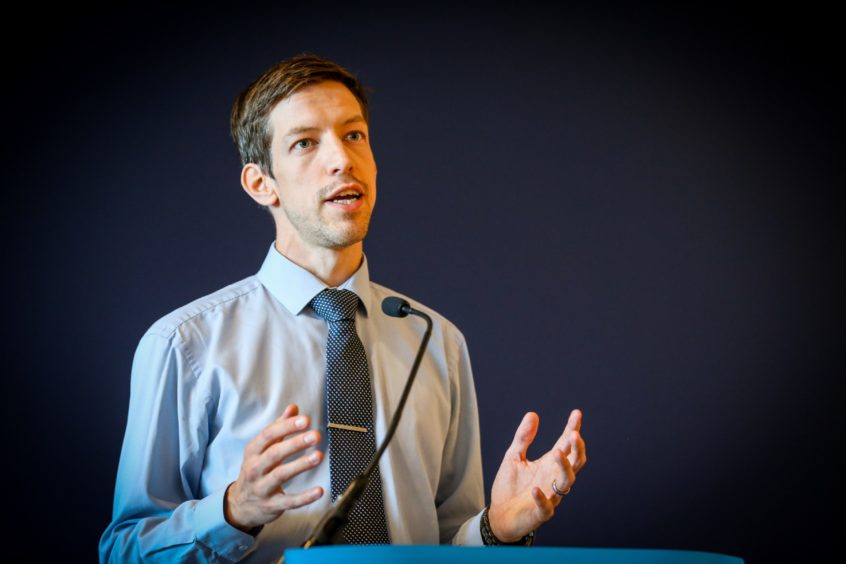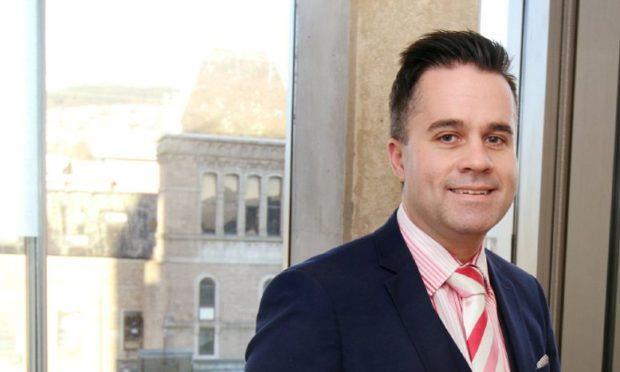It is hoped a “horrendous” 18 months for hospitality businesses will soon draw to a close.
Dundee council leader John Alexander has discussed the challenges businesses in the city have faced since the start of the pandemic.
In particular, he mentioned the hospitality industry, which has been hit hard even after being able to reopen.
Venues welcomed customers back on after the most recent lockdown earlier this year but many have faced temporary coronavirus-related closures since then, either to deep clean or to allow staff to self isolate.
Mr Alexander said: “It’s really difficult.
“Obviously, the last 18 months have been horrendous for businesses across the board in Dundee, but particularly the hospitality trade.
“Those challenges remain.
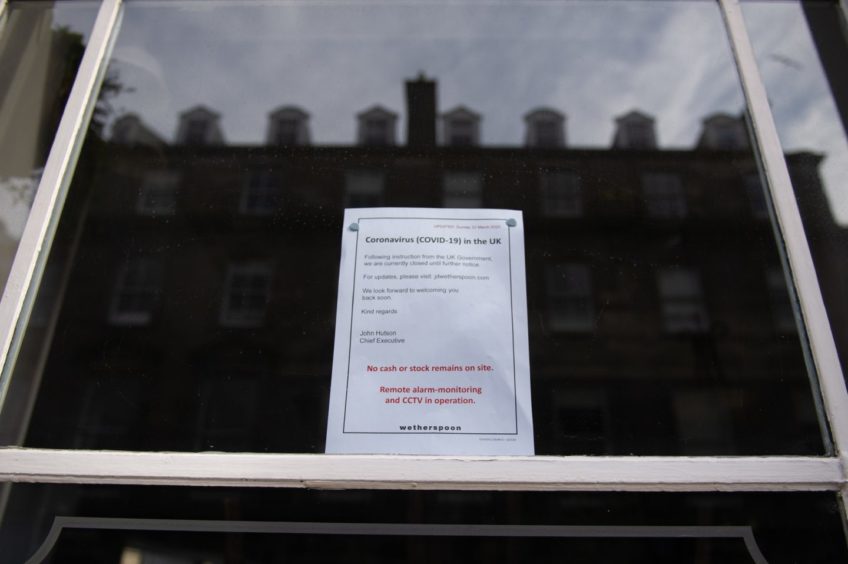
“There’s obviously support in place, administered through the council – millions of pounds coming into the city to support those sectors.”
Support includes the Coronavirus Business Support Fund, the Small Business Grant Fund, and the Retail, Hospitality and Leisure Grant Fund.
“Of course, the furlough scheme has been really important, just in terms of sustaining jobs at this point in time,” said Mr Alexander.
“We are starting to see that furlough scheme reducing.
Early Covid detection and self-isolation
“That’s a bit of concern for me in terms of the ongoing support for hospitality, because even as the restrictions ease, and we hopefully see less and less of these types of situations, the challenges are still there for the sector more broadly.
“The point on that kind of ‘opening and shut’ and the approach that has been taken is a challenging one, because the reality is, self-isolation is a very important strategy, so early identification of people with the virus and getting them to self-isolate.
“Businesses have had to close, do a deep clean, and then reopen.
“On some instances have had to stay closed for 10 days, because they just don’t have the staff.
“I think that will get easier. There are active discussions right now around self-isolation and the requirement for that.
“I don’t know where that will land, I know these things are under consideration.”
Among the pubs affected by coronavirus was Clark’s on Lindsay Street, with bosses announcing in September that the popular live music venue would not reopen post-pandemic.
However, Mr Alexander said organisations “across the board” had been affected, including departments within Dundee City Council.
He said: “There are areas of service in the council, there are areas within the business community, other public sector organisations like NHS Tayside, that are feeling the strain because of having to self-isolate in particular.”
That strain on services includes a new Covid ward opening in Ninewells Hospital to cope with a rise in cases, it was announced earlier this week.
Mr Alexander also said that while case numbers, hospitalisation and serious illness are the main are the focus, the number of people self-isolating was not reported.
He said: “If we’ve got 1,000 cases over the space of a week, more often than not, people have had one or two or three interactions with other people, who may have to self-isolate.
Covid ‘not just case numbers’
“We might have 1,000 cases, but we might have 3,000 to 5,000 people self-isolating. They have jobs, workplaces, so you can imagine the impact.
“So actually when we talk about case numbers, it’s not just people getting the virus, it’s actually that wider impact.
‘Rallying call over past few weeks’
Mr Alexander said he and the chief executive of the council, Greg Colgan, had met with Scottish Government and health officials, to discuss ways in which the number of cases could be reduced in the city.
“I think what we’ve seen over the past few weeks is a real rallying call from all those partners,” said the Strathmartine councillor.
“It’s not for the council, it’s not for NHS Tayside in isolation, it’s for all of us to come together to make sure we’re doing as much as we can.
Discussing the idea of people being offered a Covid vaccine by personnel going door-to-door, possibly with the help of the military, Mr Alexander said: “That pressure of turning up on somebody’s doorstep, I’m not sure is the right course of action at this point in time.
“People need to be empowered to make that decision themselves [to get the vaccine] – I think that’s really important.”
